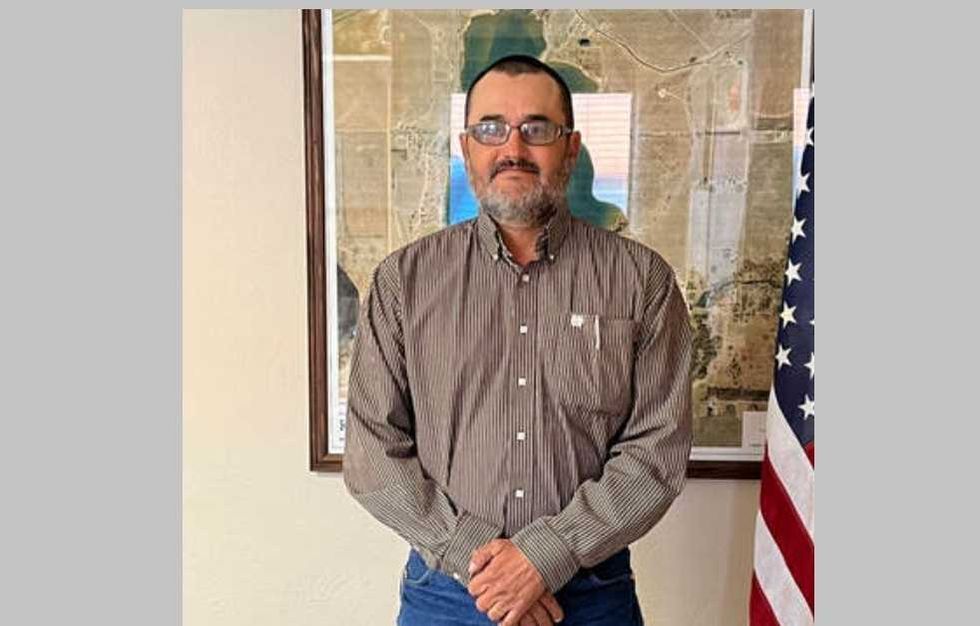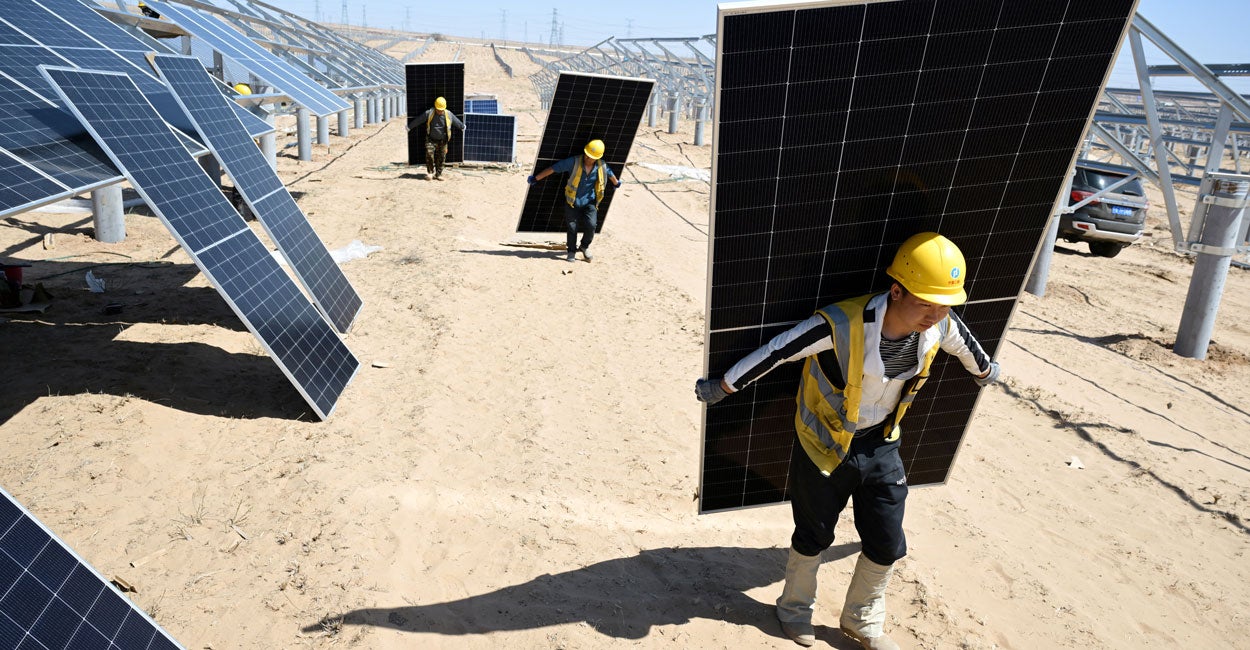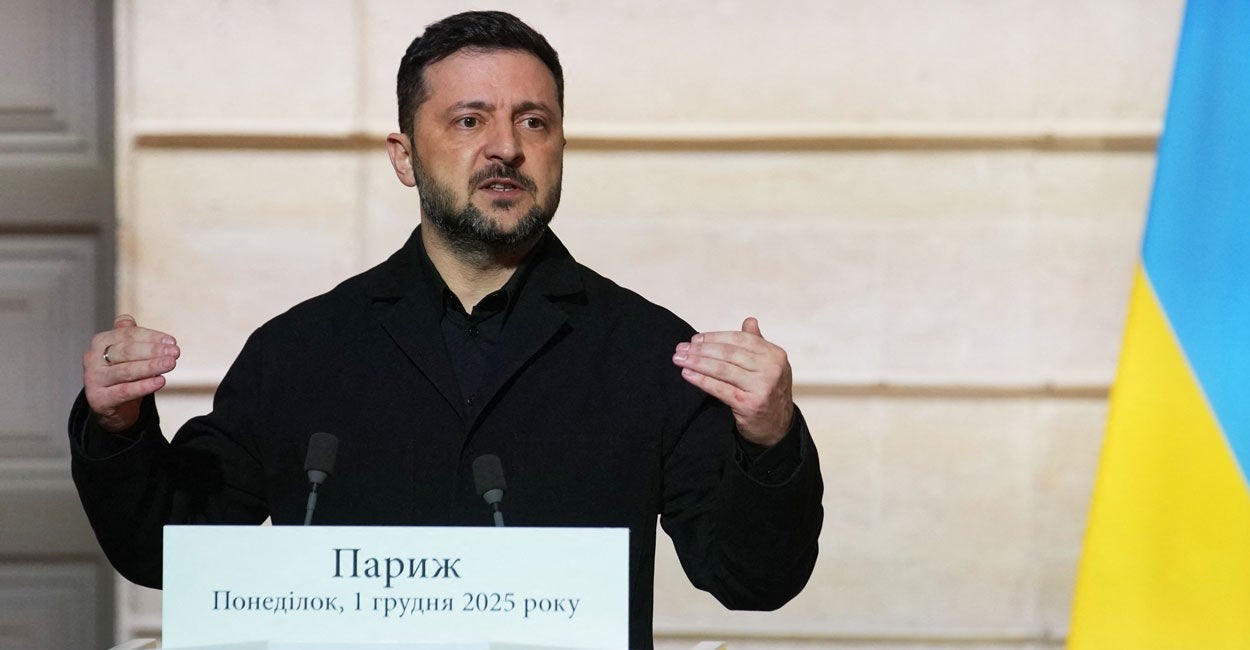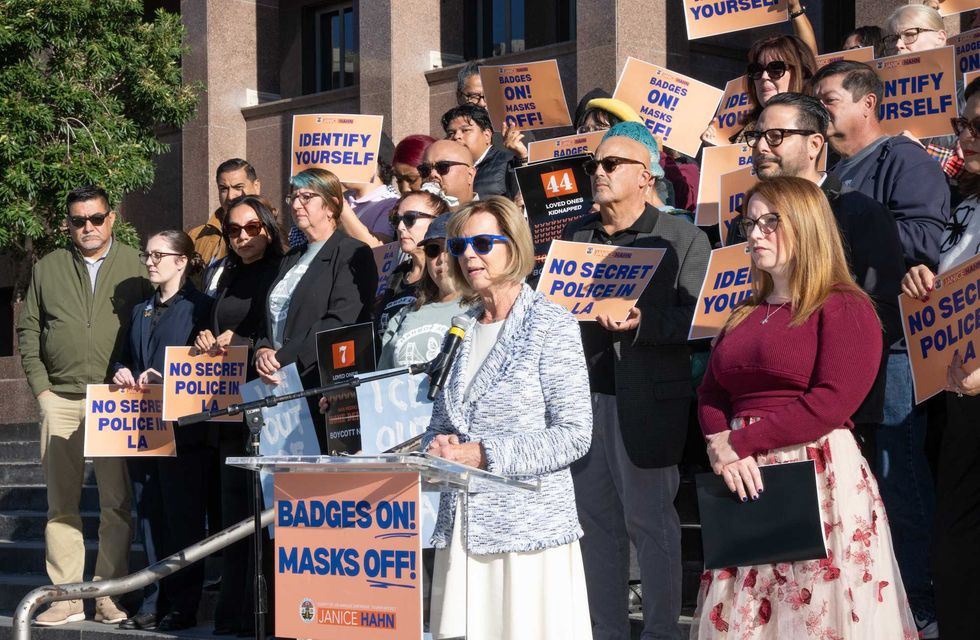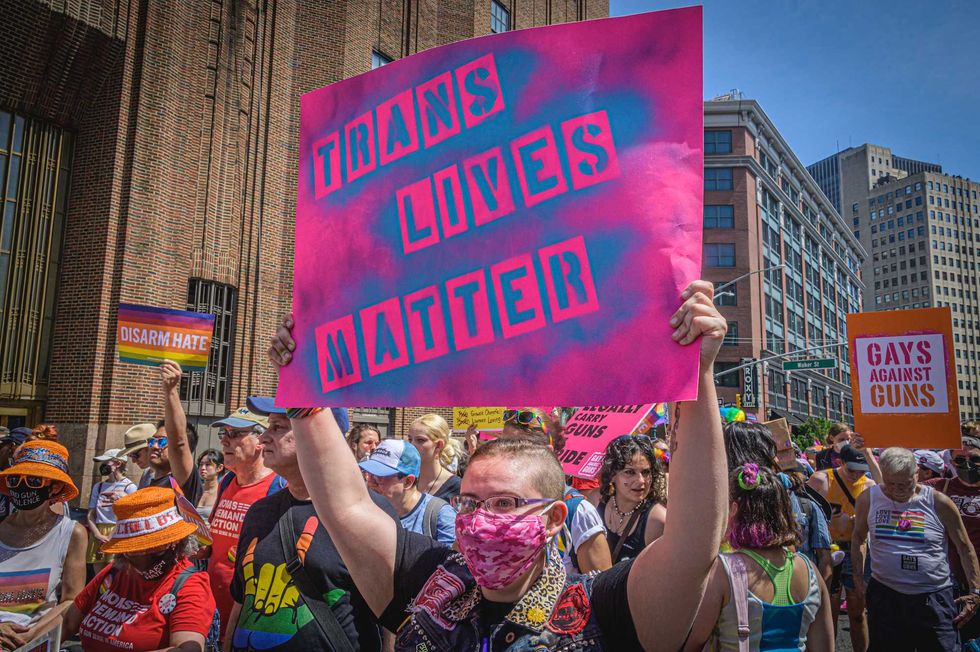Trump Touts ‘Good Talks With Iran,’ But Not Without Skepticism
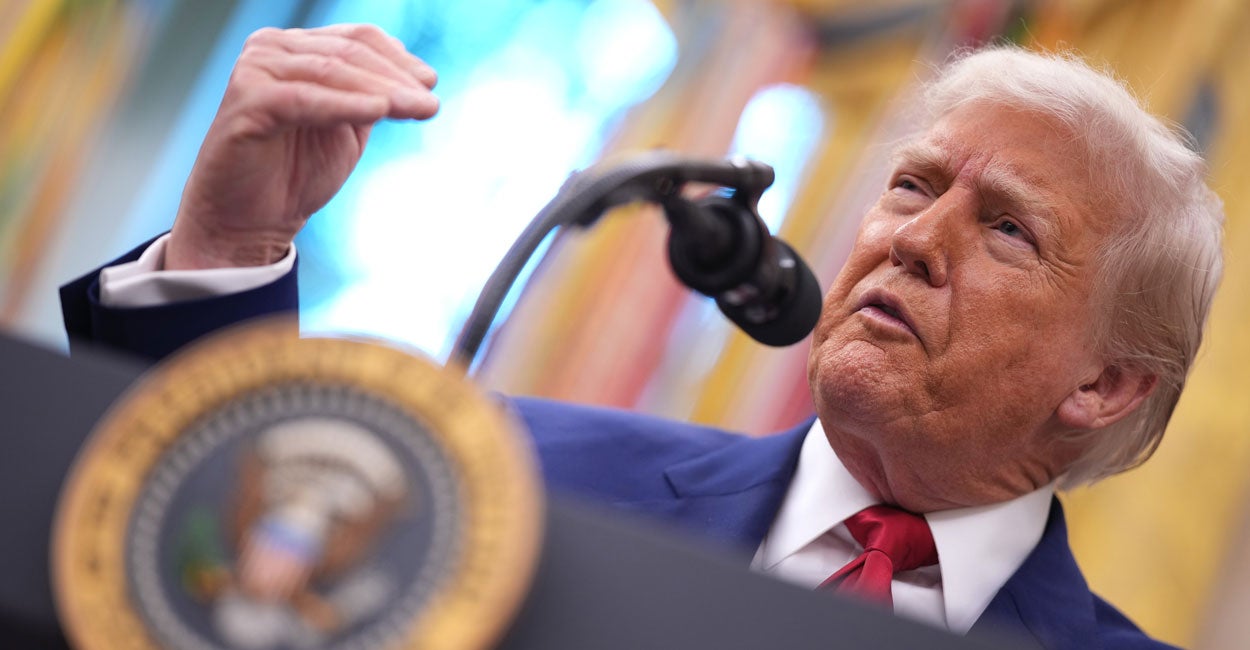
The U.S. is engaged in “some very good talks with Iran,” President Donald Trump told reporters in the Oval Office on Wednesday, adding: “We’ll find out whether that means anything.”
While talks over Iran’s nuclear program continue as the U.S. seeks to prevent Iran from becoming a full-fledged nuclear power, America might find itself in a situation with Iran similar to what President Bill Clinton encountered decades ago with North Korea.
It was 1994 and North Korea had just announced it was pulling out of the Treaty on the Non-Proliferation of Nuclear Weapons. Preventing North Korea from gaining nuclear weapons capabilities was a top U.S. priority and former President Jimmy Carter inserted himself into negotiations with then-dictator Kim Il-Sung, the grandfather of the current dictator, Kim Jong Un.
While discussions between Clinton’s administration were ongoing with North Korea, Carter traveled to North Korea and met with Kim Il-Sung. The Clinton administration did not empower Carter to negotiate on behalf of the administration, but Carter did so anyway, and North Korea agreed to the deal. The agreement Carter negotiated did deescalate tension between the U.S. and North Korea, but it did not prevent the communist country from developing a nuclear weapon.
Despite the deal and Carter’s declaration that “the crisis is over,” Pyongyang tested its first nuclear weapon in 2006, officially making North Korea a nuclear power, during the rule of Kim Jong-Il, the second generation of the 77-year family dictatorship.
Trump has repeatedly said Iran cannot be allowed to have a nuclear weapon and told reporters Wednesday that there are only two possible outcomes, “a smart outcome and a violent outcome.”
“I don’t think anybody wants to see the second,” Trump said, adding, “but I think we’ve made a lot of progress, and we’ll see. They still have to agree to the final stages of a document, but I think you could be very well surprised what happens there. It would be a great thing for them. They could have a great country into the future.”
To prevent Iran from continuing to pursue a nuclear weapon, a deal should include the “physical removal” of the infrastructure Iran has and needs to enrich uranium domestically, according to Victoria Coates, vice president of the Davis Institute for National Security and Foreign Policy at The Heritage Foundation.
Iran might agree to a deal that denies them the ability to enrich uranium “if they think the survival of the regime is at risk,” Coates told The Daily Signal.
In a recent report for The Heritage Foundation, Coates and Robert Greenway, director of the think tank’s Allison Center for National Security, wrote that Trump’s options regarding a deal with Iran “should not be constrained by either those who see only a military option, or those who rule one out.”
“Since tolerating a nuclear Iran would thus be a significant blow to U.S. national security, President Trump has prudently pursued a diplomatic solution before considering a military one. This means, however, stepping onto the Iranians’ preferred playing field, and, as the President has pointed out, the Iranians have never lost a negotiation,” Coates and Greenway write. “The track record is not encouraging.”
Time is one of the greatest factors in the negotiations with Iran: The longer talks continue, the more time Iran has to continue enriching uranium and to rebuild its missile defenses that Israel destroyed last October. Therefore, the Trump administration should employ strict timelines in its negotiations with Iran, according to the Heritage experts.
If Iran won’t agree to the terms of a deal with the U.S. that eliminates the threat of a nuclear Iran in the immediate or near future, that leaves what Trump referred to Wednesday as the “violent outcome.”
A joint U.S.-Israeli strike on Iran is not without risk, Coates and Greenway hold, but a strike triggering a broader conflict “is by no means the inevitable outcome of an action targeted at Iran’s nuclear facilities.”
In 1981 and 2007, Israel carried out targeted strikes on Iran’s nuclear program without instigating a larger regional conflict.
“Peace through strength does not mean rushing to war, nor does it mean a deal at any cost,” Coates and Greenway wrote. “The key will be to effectively enforce President Trump’s red line that Iran cannot have a nuclear weapon by whatever means he chooses.”
The post Trump Touts ‘Good Talks With Iran,’ But Not Without Skepticism appeared first on The Daily Signal.
Originally Published at Daily Wire, Daily Signal, or The Blaze
What's Your Reaction?
 Like
0
Like
0
 Dislike
0
Dislike
0
 Love
0
Love
0
 Funny
0
Funny
0
 Angry
0
Angry
0
 Sad
0
Sad
0
 Wow
0
Wow
0
